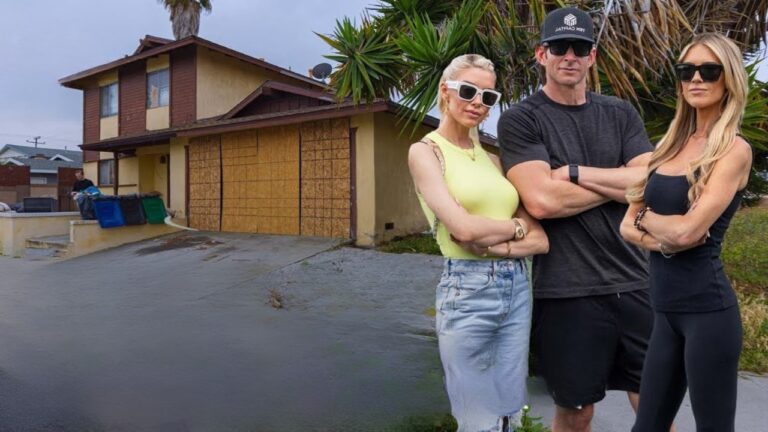7 off-grid setups that don’t work in real emergencies
Going off-grid sounds good in theory—cut the cord, live independently, and never worry about outside systems failing. But when things actually go wrong, that’s when the weak spots show.
Many setups look impressive until they’re tested by bad weather, extended outages, or real resource shortages. Some setups are designed for comfort, not crisis—and that’s where people get caught off guard.
Solar setups without enough storage
Solar power is great when the sun’s out, but too many people underestimate how much battery storage they actually need. A few panels and a couple of cheap batteries might keep lights on overnight, but during a week of overcast weather, you’ll be rationing every watt.
Without deep-cycle batteries, proper inverters, and a reliable backup source, your system won’t hold up when the weather turns. Solar can work off-grid—but not when it’s treated like a weekend project.
Wells without manual backup
Many wells rely entirely on electric pumps. When the power goes out or your generator fails, so does your water supply. It’s one of the fastest ways an off-grid setup becomes unlivable in an emergency.
A hand pump, gravity-fed system, or even a cistern can keep you covered when electricity isn’t an option. It’s not about going old-fashioned—it’s about making sure your most important resource doesn’t depend on a single point of failure.
Composting toilets that aren’t built for volume
Composting toilets can work great for a small household—until a few extra people show up or conditions turn extreme. Too much waste, not enough airflow, and improper management can quickly turn them into a health hazard.
If your system can’t handle heavy use, it’s not an emergency solution—it’s a temporary setup. Real off-grid sanitation plans have backup methods, like pit systems or sealed containers that can be managed safely when things go south.
Water collection systems without purification

Rain barrels and catchment tanks look smart on the surface, but without proper filtration or treatment, that water’s not safe to drink long-term. A thin screen and some mesh don’t remove bacteria, heavy metals, or chemical residue.
Every gallon you collect needs to be filtered, boiled, or treated before use. Relying on raw rainwater without that step works fine—until someone gets sick. Real preparedness means treating your water like it’s already contaminated.
Generators without a fuel plan
A generator will keep you running in a pinch, but most people forget to plan for refueling. Gasoline degrades in storage, propane can run out fast, and diesel engines require maintenance you can’t skip.
If your backup power plan doesn’t include fuel rotation and long-term sourcing, it’s not a safety net—it’s a countdown. In an actual emergency, everyone’s trying to buy the same fuel, and you’ll be left with a machine that’s useless when it matters most.
Heating systems that depend on one resource

Plenty of off-grid homes rely entirely on wood heat. It’s reliable, but it’s not failproof. If you get injured, run out of seasoned wood, or can’t split logs during bad weather, your main heat source is gone.
A backup system—like propane heaters, kerosene, or even thermal mass setups—keeps you from freezing when something goes wrong. True off-grid resilience means redundancy, not dependence on a single method.
Food storage that doesn’t handle changing conditions
Pantries full of dry goods look impressive, but not all storage is created equal. Food stored in sheds, garages, or unsealed containers won’t survive temperature swings, moisture, or pests for long.
If your supplies can’t make it through a hot summer or freezing winter intact, you don’t have a food system—you have a countdown to spoilage. Real preparedness means controlling environment and rotation, not just stacking cans high.
Like Fix It Homestead’s content? Be sure to follow us.
- I made Joanna Gaines’s Friendsgiving casserole and here is what I would keep
- Pump Shotguns That Jam the Moment You Actually Need Them
- The First 5 Things Guests Notice About Your Living Room at Christmas
- What Caliber Works Best for Groundhogs, Armadillos, and Other Digging Pests?
- Rifles worth keeping by the back door on any rural property
*This article was developed with AI-powered tools and has been carefully reviewed by our editors.







